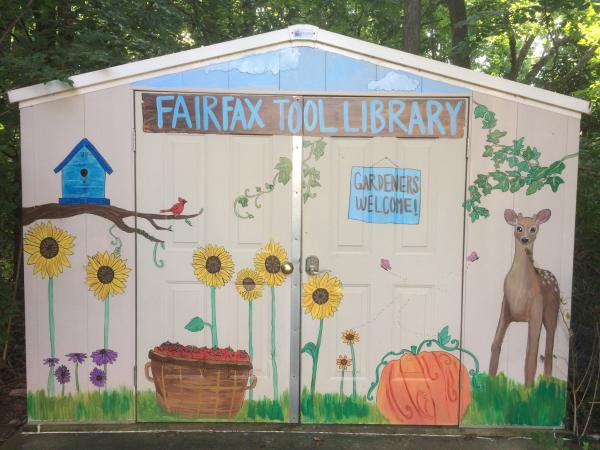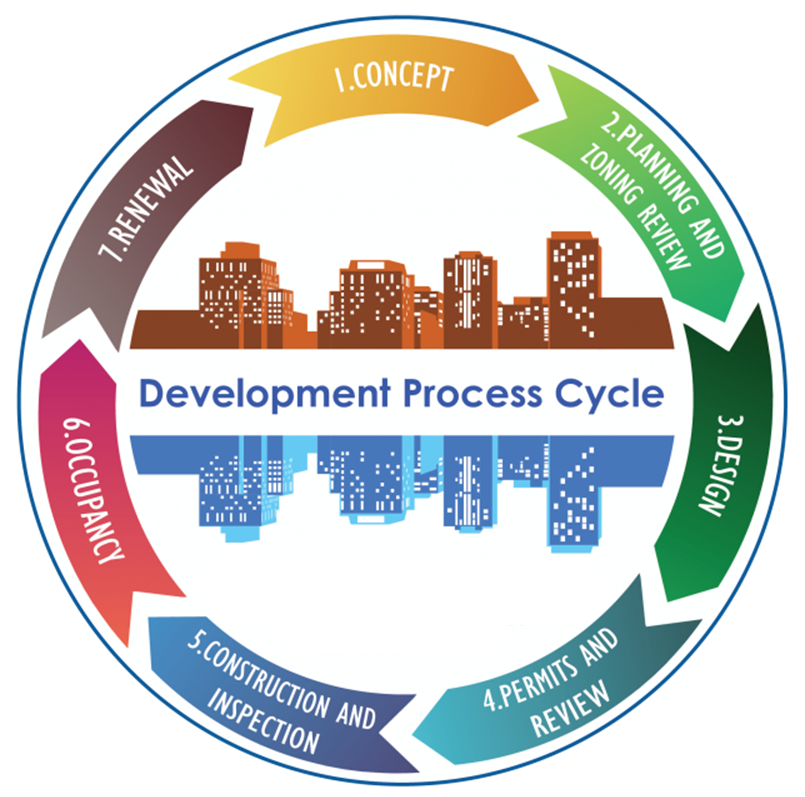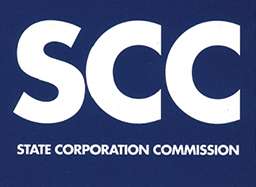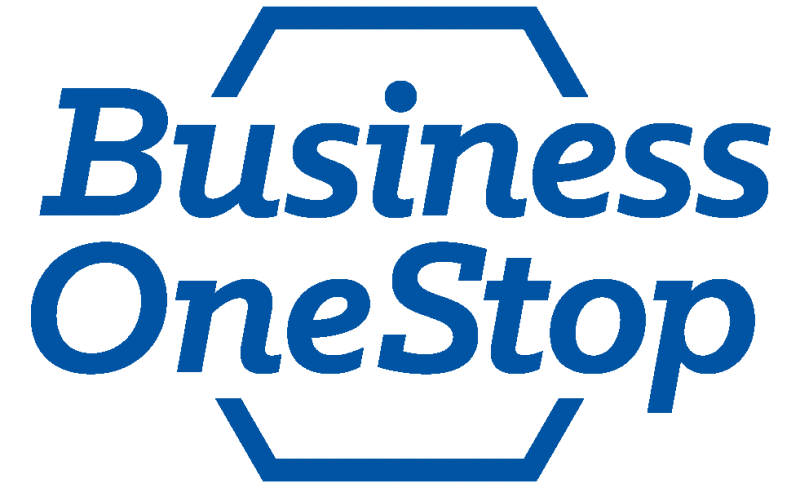Community Gardening
Community Gardening Resources
Fairfax County’s current zoning rules have expanded the locations where community gardens, farmers markets and home gardens are allowed:
-
Farmers Markets Allowed in More Places Year-Round
The new zoning law broadens when and where farmers markets may operate and what they can sell. They can be open all year and can now be located anywhere, as long as there is adequate parking and access to the site; for example, a farmers market can locate in an apartment building parking lot, an industrial or office complex or a community pool. -
Edible Gardens Allowed in Front Yards
For homeowners, the zoning law ends the prohibition of edible gardens in front yards for lots less than 36,000 square feet. These fruit, vegetable, herb or flower gardens must be set back 15 feet from the front lot line, and they are limited to 100 square feet. Compost areas are not permitted in front yards.
Planning Your Community Garden
When establishing a community garden, you may contact the Northern Virginia Soil and Water Conservation District Office (NVSWCD) at 703-324-1460, TTY 711. This agency can also assist with preparing a district-approved Soil and Water Quality Conservation Plan for the garden.
The Fairfax Food Council, a county-sponsored coalition, offers community gardening workshops to teach residents how to grow their own food.
Community Gardens Allowed on Ground and Rooftops
Community gardens now are allowed without restriction in open spaces as long as:
- they are under two acres.
- they aren’t the principal use on a property.
However, community gardens aren’t allowed on single-family home sites.
Because of the previous zoning rules, there are only about six private community gardens in the county as of 2019. The Park Authority also oversees nine community garden plots.
Site planning is critical to developing a successful community garden. Here are examples of good and bad locations for a community garden.
Good locations:
- Relatively flat lands exposed to plenty of sunlight
- Water accessible
- Deep high-quality soil without large debris
- Close to residents who want to take part in the garden
Bad Locations:
- Steep sloping land
- Wetlands
- Chesapeake Bay Resource Protection Areas (RPAs)
- Outside Fairfax County Zoning setback limits
Your garden may require a zoning permit which may also include a Soil and Water Quality Conservation Plan, depending on location and size. Larger gardens, such as those greater than 10,000 square feet, may be subject to additional erosion and sediment controls or other county ordinances.
You may contact the Zoning Administration Division at 703-324-1314, TTY 711, for further assistance.
Storage structures are allowed in the community garden:
- total square footage of all structures cannot exceed 250 square feet.
- building permits are not required for these structures (e.g. sheds or greenhouses) under 256 square feet.
- retaining walls may require a building permit.
You may contact the Permit Application Center at 703-222-0801, TTY 711, with questions.
Zoning Setbacks and Permits
Zoning Administration | Department of Planning and Development
703-324-1314
Soil and Water Quality Conservation Plans
Northern Virginia Soil and Water Conservation District
703-324-1460
Nonprofit Assistance
Nonprofits/Places of Worship Coordinator | Department of Land Development Services
703-324-1780
Fairfax Food Council
703-246-8404
Managing Your Community Garden
Once established, it is important that you know the rules and best practices for maintaining your community garden while being a good neighbor.
Gardening hours are limited to between 7 a.m. and dusk.
For time limitations on the use of gasoline powered or mechanized equipment please refer to the Fairfax County noise ordinance.
Traditional gardening equipment should be used to maintain your plot, such as: trowels, hand fork, claw or cultivator, hoe, hand pruner, watering can, shovel or spade, wheelbarrow and gloves. For time limitations on the use of gasoline powered or mechanized equipment please refer to the Fairfax County noise ordinance.
Healthy Garden Maintenance Basics:
- You may need to strip compacted soils. You can use a tiller but should only do so in the spring and fall.
- Apply a layer of organic material (e.g. mulch or compost) after tilling to help prepare soil.
- Use mulch and compost to assist with weed control, soil enrichment, soil moisture and temperature retention.
- Use boxed planting beds and mulched borders to assist with erosion control and maintain soil nutrient quality.
- Prevent erosion along paths between planting beds by using wood chips or heavy geotextile fabric as ground cover.
- Apply commercial fertilizer based on soil test recommendations.
- Apply pesticides according to the label instructions – be sure to use the appropriate product for the specific pest.
- Plant warm/cool season cover crop at the end of a growing season to suppress weeds, add nutrients to soil, reduce erosion and protect water quality.
Additional Gardening Resources:

- Gardening Information (Green Spring Gardens)
- Planning, Planting and Maintaining Edible Gardens Resource Guide (Fairfax Food Council)
- Landscape and Gardening - You and Your Land (Northern Virginia Soil and Water Conservation District)
- Become a Better Gardener at Your Library
Do You Need Some Gardening Tools?
The Fairfax Food Council recently created a Tool Library available to anyone planning to grow edible plants. Located in the garden shed behind Daniels Run Peace Church (3729 Old Lee Hwy., Fairfax, VA 22030) in Fairfax City are a wide assortment of shovels, hoes, rakes, pruners, a posthole digger, a wheel barrow and a small rototiller that are available to borrow free of charge. Make a tool reservation
Check with the Department of Planning and Development, Zoning Permits Branch, Sign Permits Section for the guidelines in your zoning district.
The Zoning Administration Division enforces, maintains and administers the provisions of the Fairfax County Zoning Ordinance and Noise Ordinance.
Benefits of Community Gardens
Community gardens address the hunger for locally grown food while also increasing access to healthy food options.
Community garden programs offer many benefits, especially for citizens, in both urban and suburban areas.
- Beautification
Community gardening turns urban eyesores into vibrant green space, which can improve the quality of life for everyone in the neighborhood – not just the people that actually tend the garden.
- Fresh Produce
Community gardens can provide fresh, nutritious produce for many families that couldn’t otherwise afford it, improving their diet and overall health. Some gardeners donate what they have grown to local food pantries, shelters and hospitals.
- A Cleaner Environment
Plants in community gardens add oxygen to the air and help reduce air pollution. They also absorb rainwater, reducing the amount of runoff that runs through neighboring land and streets. This decreases the amount of pollutants that enter rivers and lakes in the community.
- Stronger Families & Communities
Tending of community gardens gives residents a chance to connect with their neighbors and feel more personally invested in the places they live, building a sense of ownership and
belonging.
- Educational Opportunities
Working in a community garden is educational for kids and adults for basic gardening skills and nutrition and provides an opportunity to learn about other cultural food differences within their community.



 Every business needs a legal structure. Examples include:
Every business needs a legal structure. Examples include: For any questions about any state requirements:
For any questions about any state requirements: